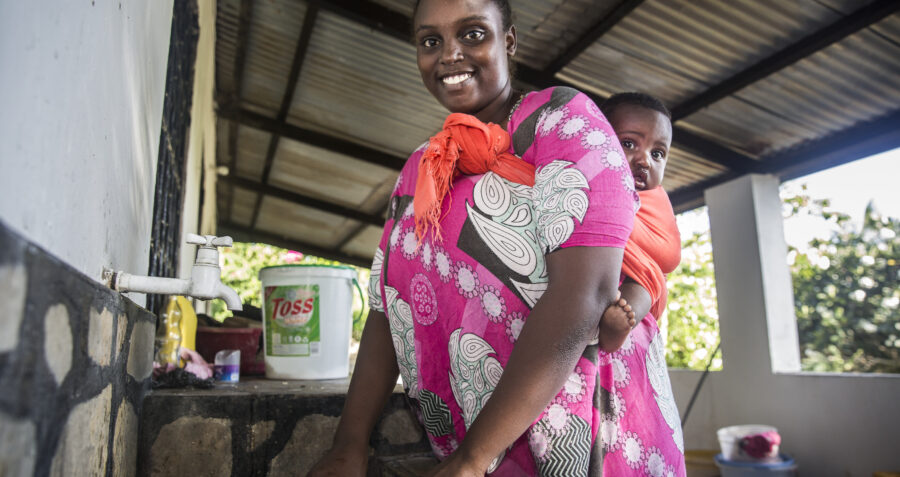SRHR toolkit and webinar for women who use drugs

Key information
- Organisation: Frontline AIDS and Women and Harm Reduction International Network (WHRIN)
- Country: Global
- Region: Global
- Stage of innovation: Stage 5. Market ready
- Start date: 2021
- End date:2021
- Type of innovation: Conceptual innovation: new ways of looking at problems, challenging assumptions, or both
- Funder: Zero Violence
Summary of intervention
Women make up one third of people who use drugs globally and they have sexual and reproductive health needs and rights (SRHR) — just like all women. However, they often face significant barriers in accessing SRH services due to criminalisation, stigma and discrimination, gender discrimination and gender-based violence (GBV). This often means they are unable to realise their rights to services such as contraception, ante- and post-natal care, antiretroviral therapy and prevention of vertical HIV HIV transmission.
Frontline AIDS developed a guide to advance the SRHR of women who use drugs aimed at those who work with and advocate for these women in all their diversity. The guide is based on the experiences of Frontline AIDS partners and others implementing community-led harm reduction programmes from 2011–2020 through the Community Action on Harm Reduction (CAHR), PITCH programme. It also is informed by recommendations from the Guttmacher Lancet Commission on Sexual and Reproductive Health and Rights 2018 report. The process to develop the guide was key and involved full consultation with communities of women who use drugs from diverse backgrounds and sexual orientations, and the Women and Harm Reduction (WHRIN) Advisory Group.
The guide focuses on how each of the seven key interventions prioritised by the Guttmacher-Lancet Commission report relate to the needs of women who use drugs and how to integrate them into harm reduction programmes. These are GBV, HIV and other sexually transmitted infections, contraception, maternal and newborn care, safe abortion and post-abortion care, services for fertility, cervical cancer treatment,
learnings
The process of gathering the information and bringing organisational representatives together with women who use drugs was very fruitful. The women involved in the consultations reported gaining important learning and information about SRHR during the consultation, as well as being able to share their rich and diverse experiences. This was an additional result to the production of a comprehensive, informative and relevant guide for programmers..
Read more information on Advancing the SRHR of Women who use Drugs.

